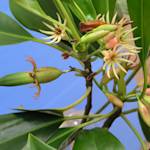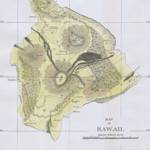Judean Date Palm
2008 CE • Middle East
"In ancient times, the region of Judea was known for its plump, delicious dates, which delighted the palates of classical writers like Pliny the Elder; in his sweeping natural history treatise, the Roman author marvels at the Judean date’s “unctuous juice” and “extremely sweet sort of wine-flavour like that of honey.” The palm trees that bore these tasty fruits eventually died out—but now, researchers in Israel have brought them back to life." The species of date palm once flourished in the Dead Sea region on plantations, but by the 19th century there was no trace of the once robust groves. "Seeds of the Judean palm have, however, survived for millennia—possibly due to the unique environmental conditions of the area around the Dead Sea, which is situated 1,388 feet below sea level. Precipitation and humidity there are low, and the region boasts the thickest atmosphere on Earth, which might protect ancient relics from cosmic radiation, according to the researchers." In 2008, a team of scientists announced that they had successfully resurrected the ancient tree from a 1900-year-old seed. "This surprising experiment could prove useful to today’s date farmers, because introducing ancient genes to the modern genetic mix may help protect date palms against factors like climate change and pests."
Brigit Katz, "Scientists Grew Palm Trees From 2,000-Year-Old Seeds," Scientific American, February 7, 2020.
Image: Emőke Dénes, CC BY-SA 4.0, via Wikimedia Commons
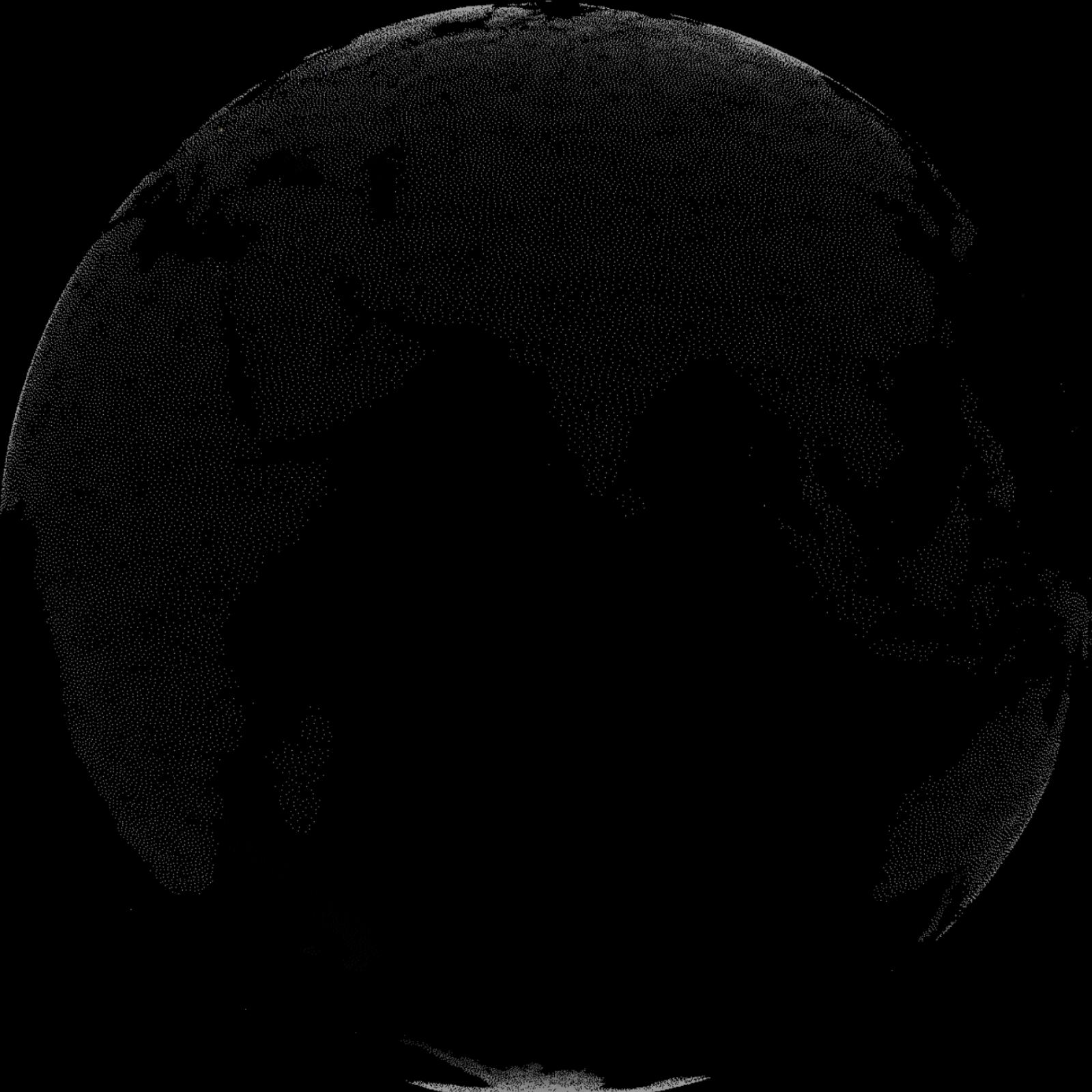

Learn about Maya Lin’s fifth and final memorial: a multi-platform science based artwork that presents an ecological history of our world - past, present, and future.

Discover ecological histories and stories of former abundance, loss, and recovery on the map of memory.
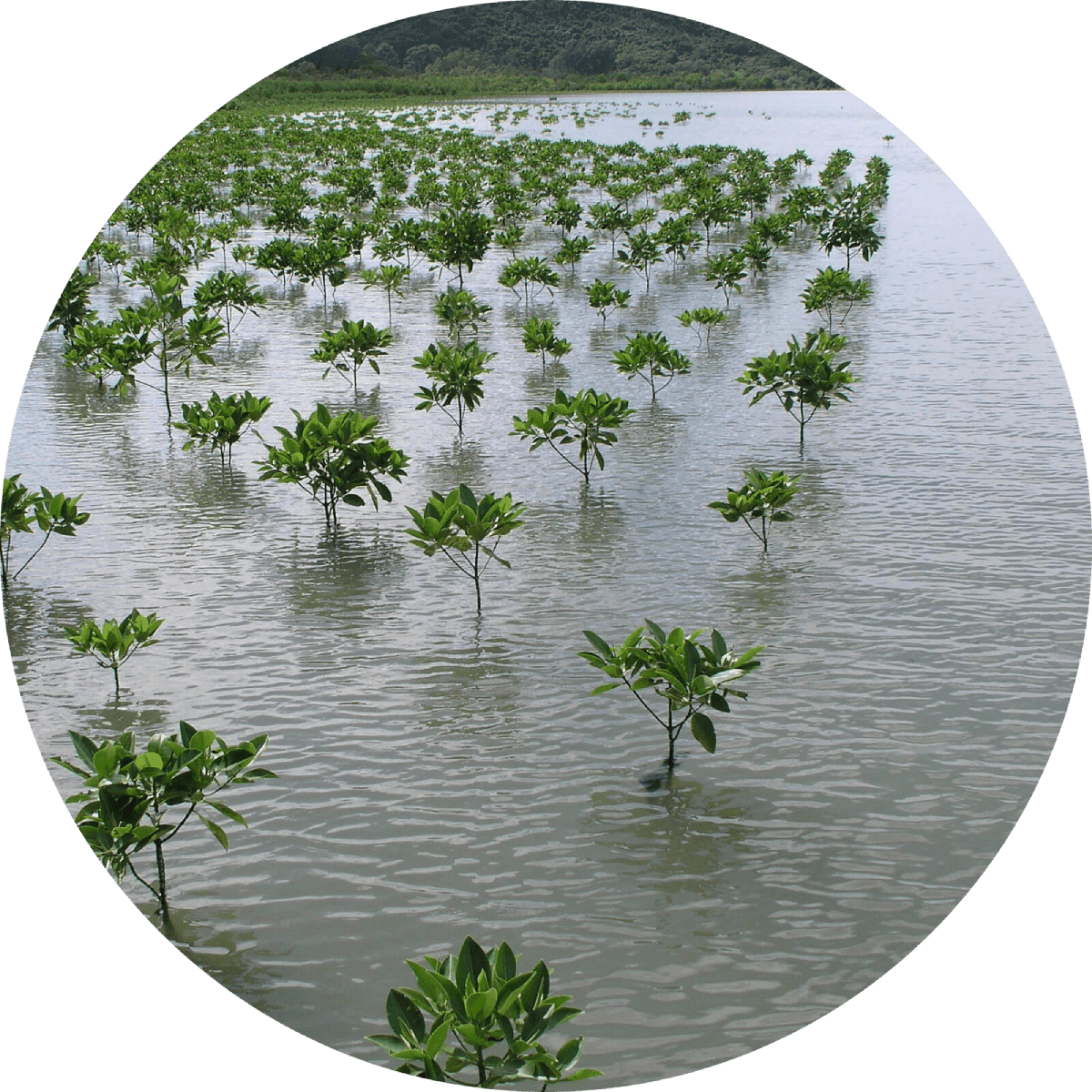
Learn how we can reduce our emissions and protect and restore species and habitats – around the world.

See how art can help us rethink the problems we face, and give us hope that each one of us can make a difference.
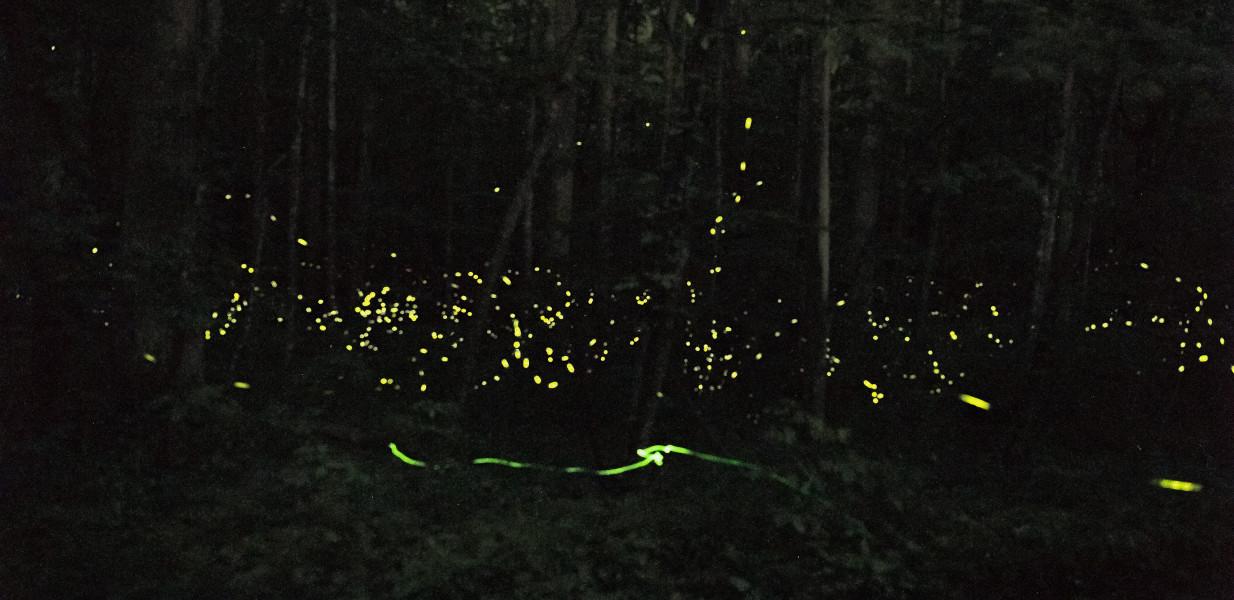
Help make a global memorial something personal and close to home. Share your stories of the natural world.

